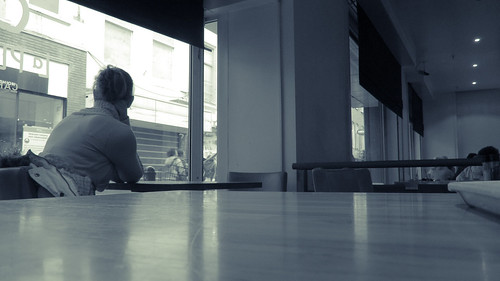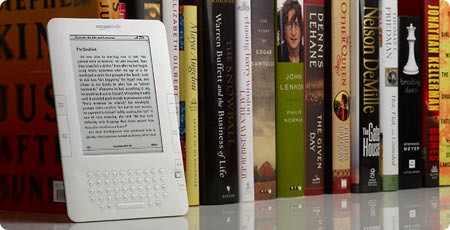Halloween is approaching, and to me that means one thing: time for scary movies. Some of the best scary movies were books before they were film. One of my favorites is Along Came a Spider, the novel that launched a 19-book (and counting) career for literary detective Alex Cross.
The Book
James Patterson published Along Came a Spider in 1993, introducing the world to Alex Cross.
Cross is a detective with the Washington, D.C. police force and a forensic psychologist. How good is the book that introduced him? Along, so far, has launched 18 sequels, a film adaptation and millions of fans.
At the start of the story, Alex is investigating three horrific murders. The stakes are raised when two prominent students, Maggie Rose Dunne and Michael Goldberg, are kidnapped by math teacher Gary Soneji. Cross is ordered to investigated the high-profile kidnappings, which enrages him because the world seems more interested in the disappearance of two rich white children than the murder of three poor black people.
He's still in a bad mood when he meets Secret Service agent Jezzie Flannagan, head of the children's detail. They clash, but the attraction between the two is obvious as they work together to unravel the mystery.
Soneji has the children at a deserted farmhouse. He buries them alive and goes on to kill FBI agent Roger Graham, who spoke about Soneji as a press conference. As Cross investigates, he learns that Soneji is a bit of a crime history buff and seemingly obsessed with becoming a famous criminal.
Cross is personally singled out by Soneji when the kidnapper makes a ransom demand of $10 million. Alex is ordered to deliver the cash, which he does, but Cross doesn't recover either of the children. At the farmhouse, police find the graves...empty. Soneji has returned to his home in Delaware. Surprisingly, he's a family man with a wife and daughter.
It doesn't keep him from killing another teacher. It's this murder that makes Cross and his partner John Sampson realize that Soneji is also responsible for the earlier murders. As the mystery unravels, Cross learns that the plot is much thicker than he imagined...and the spider web more complex than anyone could have conceived.
The Film
The film version of the book was created in 2001, after a successful adaptation of James Patterson's Kiss the Girls. Though Along Came a Spider takes place chronologically before Kiss, the movie was adapted after.
But if you watch the film, you'll have some trouble connecting it to the original book. Much of the plot is eliminated and Alex Cross is changed in a lot of ways. Morgan Freeman played Cross on film, a man much older than the character. Because of this, all of his family was eliminated on film.
On film, Soneji contacts Cross directly and Alex is sent on a wild goose chase to deliver the ransom money. Cross kills Soneji in the movie, saving Flannigan's life, before he unravels the rest of the mystery. Soneji doesn't die in the book; he'll be back to bother Alex, much later. In the movie, Cross actually manages to save one of the children.
What Got Adapted?
Most of the book was adapted for film, in fact. Flannigan's eventual fate is eliminated and changed entirely. Soneji's wife and child are removed. The trials are omitted, and the romantic entanglement between Alex and Jezzie is taken out completely. It's a very different story, but still worth a watch. Freeman is masterful as Alex Cross, and author James Patterson praised his peformance in the role more than once. But before you watch, read the book! It's one of Patterson's bests.


























